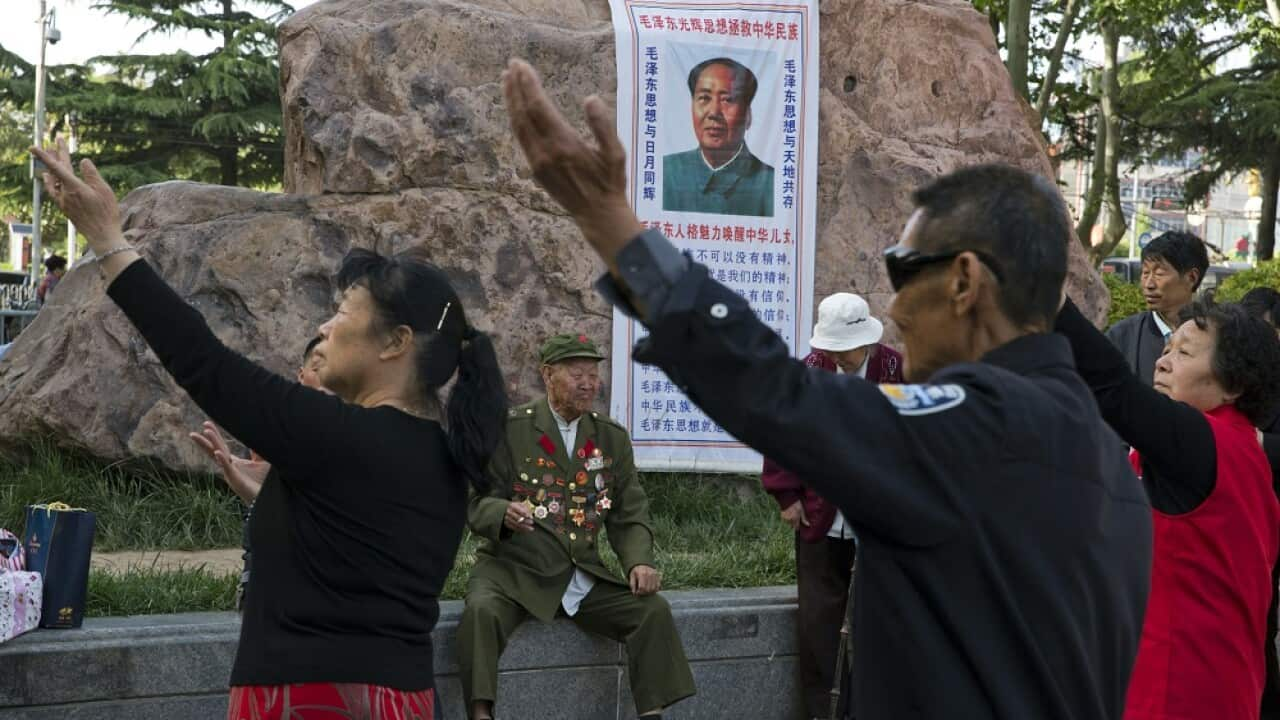Chinese social and news media have made a few hesitant references to the "Great Proletarian Cultural Revolution" that began 50 years ago amid an official clampdown on discussing the period and its troubling legacy.
About 1.5 to 1.8 million people were killed in the 10 years after Chairman Mao Zedong in 1966 mobilised youthful Red Guards to stamp out "bourgeois" elements that had infiltrated government and society.
Another 36 million were victims of other political persecution, until Mao's death in 1976.
The government still does not allow open discussion of the events, although the Communist Party in 1981 referred to the period as "10 years of catastrophe".
Social media discussions on the Weibo microblogging website have been deleted in past days, according to FreeWeibo.com, a recovery service.
Many expressed concern that a similar revolution could happen again amid President Xi Jinping's ongoing crackdown on corrupt officials and civil-society dissidence.
"The blood of the Cultural Revolution has not faded away, the dead bodies are still warm," one deleted comment said.
"To reject what happened in the Cultural Revolution is still the responsibility of every citizen."
Professors and academic journals in China received a notice earlier this month barring any kind of discussion on the Cultural Revolution, Canada's Globe and Mail reported on Monday.
However, a few Chinese state-owned media published articles to mark the anniversary.
Pheonix TV ran interviews on Monday that asked young people which words they would use to describe the Cultural Revolution. Replies included "insanity", "great calamity", "idealism" and "confusion".
Another article from the Global Times recognised the anniversary had stirred heated private debate.
"Despite the government's acknowledgment, the Cultural Revolution remains divisive."
Sui Yongxia, whose husband committed suicide during the Cultural Revolution after being labelled a "class enemy", told DPA that it was a "crazy era".
"My husband was 46 and I was 44. We had lost a child earlier that year in a swimming accident and that same year, he died and left me with four other children.
"I am a numb person, not very clever. If I were more sensitive and smarter, I think (I) would die too," the 92-year-old said.

